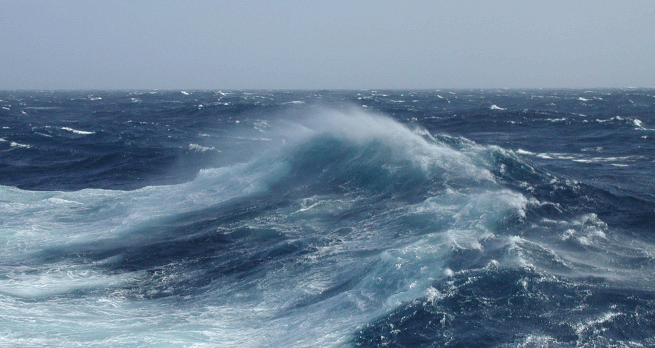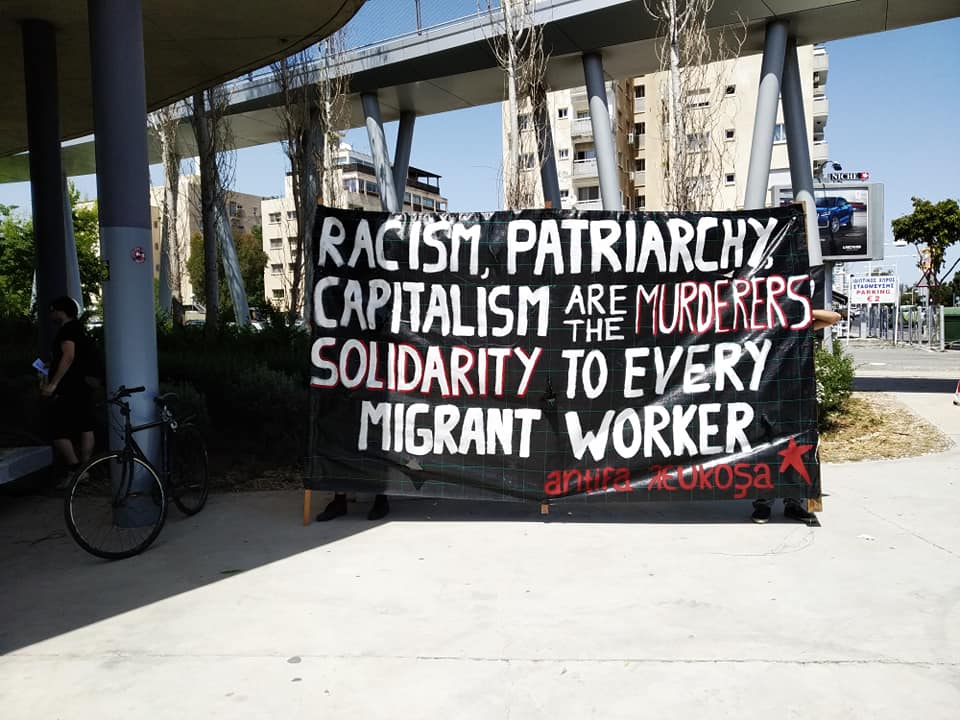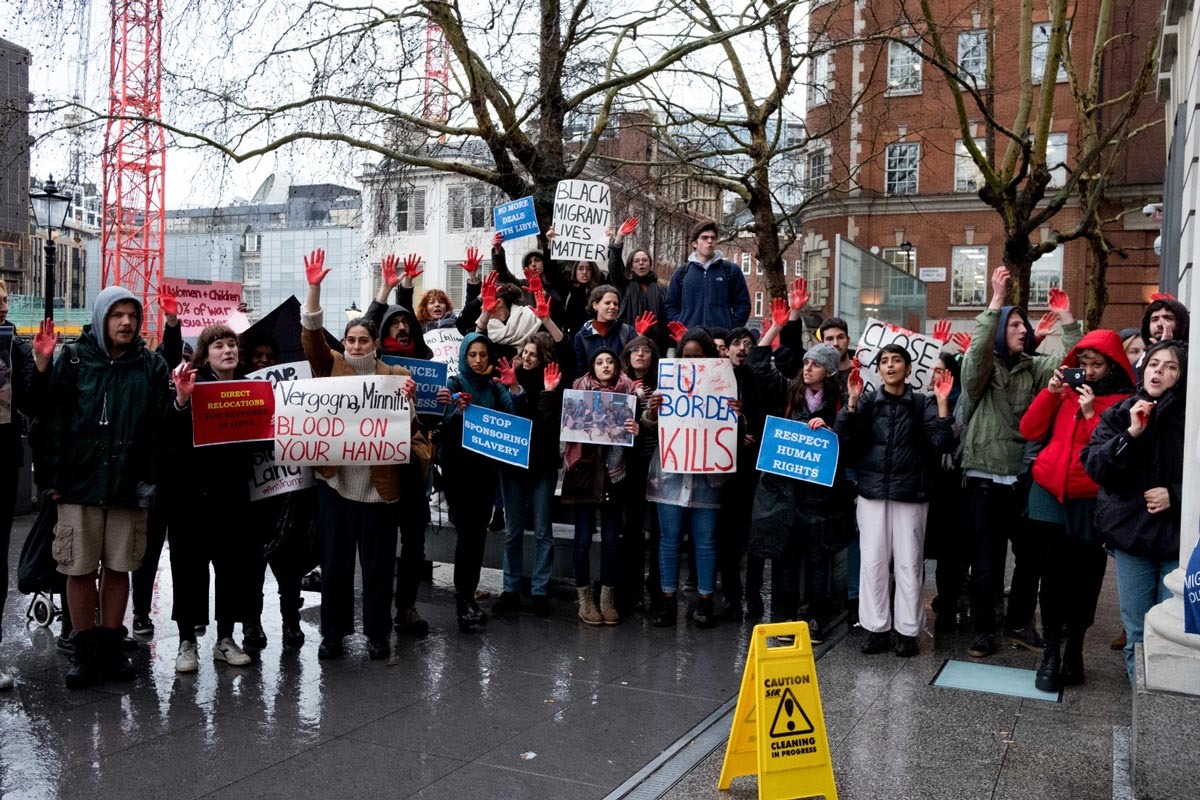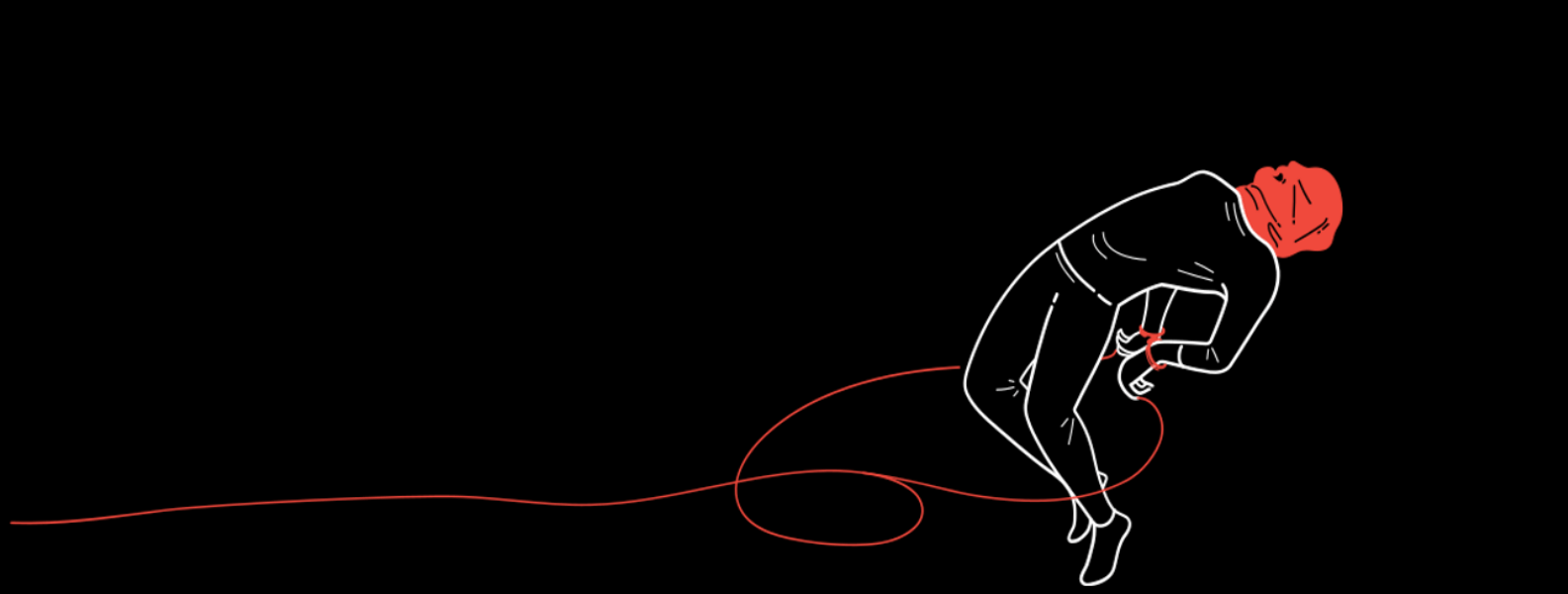The following blog piece the Italian state and migration was written by plan c member, Richard B. You can read the first instalment here.
Months after the fact, the effects of the Libya-Italy deal, and the dire situation for migrants trapped in Libya, is being given attention by the mainstream press. The Italian government, however, is kept out of the crosshairs, both in terms of its capitalist interests in the Libyan state and its racist electoral strategies.
The Tunisian route
In Italy, the Tunisan route continues to dominate the headlines, despite the number of Tunisians, in the overall scheme, representing only a few per cent of the total number of arrivals in Italy this year. “Irregular” arrivals to Italy by sea now stand at 110,000 for 2017. The news was confirmed – rumours before – that a component of the recent arrivals from Tunisia is made up of recently released prisoners, due to a politically motivated amnesty. Of course, this has led the right wing to exclaim that Italy is being flooded with terrorists and rapists; but of course, in Tunisia there are plenty of young people sent to prison for smoking a spliff or snogging in public. Indeed, I spoke to one recent arrival who explained that he first came to Europe last year with a visa, for a sport competition in Germany. He then slipped into France and overstayed his visa, only to find himself caught by police at a road block following the Nice terrorist attack. He was deported to Tunisia, and later put in prison after being caught with some weed. He was let out a couple of weeks ago, and immediately moved with a group of other ex-cons to a port village, and took a boat to Lampedusa. It seems that, for a while at least, the Tunisian Coast Guard was turning a blind eye to the departures.
The other side of this is the rumbling discontent in Tunisia regarding the economic and political situation: a recent opinion poll showed that only 3% of people support any of the political parties. As Sadri Khiari writes, at this point emigration is an act of resistance, of marooning, a politically active self-exile from, and rejection of, a failed land. The boats might also being let through given the local strikes and protests following the Coast Guard sinking a boat a few weeks back, murdering several dozen people. A group of young Tunisians held in the Hotspot/detention centre on Lampedusa have written an eloquent appeal, describing the dire economic situation in Tunisia since 2008. Their detention and imminent deportation, however, perhaps signals an end to the past month of Tunisian arrivals, and a return to the Italian-Tunisian agreement to illegally deport people without any chance for them to claim international protection.
Hundreds of Tunisians have been abandoned on the streets with expulsion notices in their hands, as I reported before. Among them there are also groups of young teenagers, even 12 year olds, who ran away from the hostels for minors as soon as they were placed there. In Agrigento, instead of being supported, they were instead instrumentalised by the right-wing, who complained about the mess, the piss, the threat of crime. This week, Matteo Salvini, the populist far-right leader of the Northern Leagure, is touring Sicily to support his candidates in the regional elections. Despite being part of a Northern separatist party, there is a “We’re With Salvini” party in the South, to help the right-wing get more parliamentary power, which it can’t do without Southern support. On Monday Salvini will be in Agrigento itself to whip up more racism against the abandoned new arrivals.
Criminalisation, corruption, militarisation
In the meantime, the investigations against the NGOs continue. This week, the vessel used by Save the Children was searched by police on orders of the investigating magistrate, and various documents taken for use in the court case against the Iuventa. Despite an online video by the head of Save the Children in Italy who firmly attempts to protect his own organisation without spending any time defending the other NGOs, it has been clear for some time that Save the Children might also get served with a charge sheet. That the charges are and would be politically motivated is not in doubt among anyone following the case; the question is exactly which political side is moving behind them, as it was Save the Children who, a year ago, hosted the security officers who turned out to be working for the Italian secret service. A section of the right wing seem keen to rope Save the Chidren into the investigations as Il Libero Quotidiano has been leaked information from the search, relating to a fifty euro “bonus” for the members of the crew for each rescue operation. Obviously, to anyone with any sympathy for workers’ rights and a knowledge of the purchasing power, 50 euros seems scandalously low for such high pressure and dangerous work. But the right wing are eager to present any kind of earning as proof of corruption on the one hand, and turn a blind eye to the multi-billion Euro corruption between Italian and Libyan oil interests on the other. As always, conspiracies about circulation substitute for analyses of production.
Italian interests in Libya continues: while Alfano and Salvini slander the NGO rescue missions, the foreign minister has also announced that the Italian government will tender contracts for NGOs to set up refugee camps in Libya, in order to complete the externalisation of the EU border to North Africa.
The situation in Libya itself continues to remain extremely violent and unstable. As an excellent video from Vice/HBO shows, building on courageous reporting by Nancy Porsia and others, is that the militia play at Coast Guard by day and traffickers by night, thus earning from both pushing migrants out to sea and from bringing them back again. A transnational tribute, drawn from the EU on the one hand and African villages on the other, running into the coffers of Libya’s mafia.
Hundreds of thousands of people thus remain trapped in the migrant prisons, with no means of escape. The unity government does not control the state: General Haftar has taken almost all Libya territory aside from Tripoli and the coastal towns on either side. The El-Feel and Sharara oil and gas fields – jointly run with the Italian energy company ENI – remain nonetheless within control of the UN and Italian backed unity government. Hafta continues to release statements about his ability to take Tripoli if he so desires, and his close relations with Egyptian military forces. Egyptian air forces continue to bombard the city of Derna // including killing several civilians on the weekend – to the East of Tripoli, the main military point standing between Haftar and final conflict with UN forces for Tripoli itself.
The swamping of the region with guns and international intervention doesn’t stop there. Military forces are also being sponsored by the UN in the Sahel mission, which crosses across five countries from Mauritania in the West to Chad in the East. The idea is to form an East-West line of defense on the Southern border of the Sahara desert in order to block emigration from West African states further south, from Gambia through to Nigeria. The force is essentially present to ensure security for petroleum and mining exploration, but is now being attributed with combatting people trafficking as well.
Much of this filters through to the mainstream news, via EU press releases and late-to-the-scene journalism, as grandiose plans to help migrants return to their African homes and begin a bright new life, feeding off the nectar of gracious European handouts, while the armed wing of the benevolent Western forces battle evil human traffickers. This couldn’t be much further from the truth. It is very possible that a war is coming to Libya, and possibly to the Sahel, and Western intervention is simply exacerbating the militarisation and imprisoning those migrants who might all too soon be war refugees.





